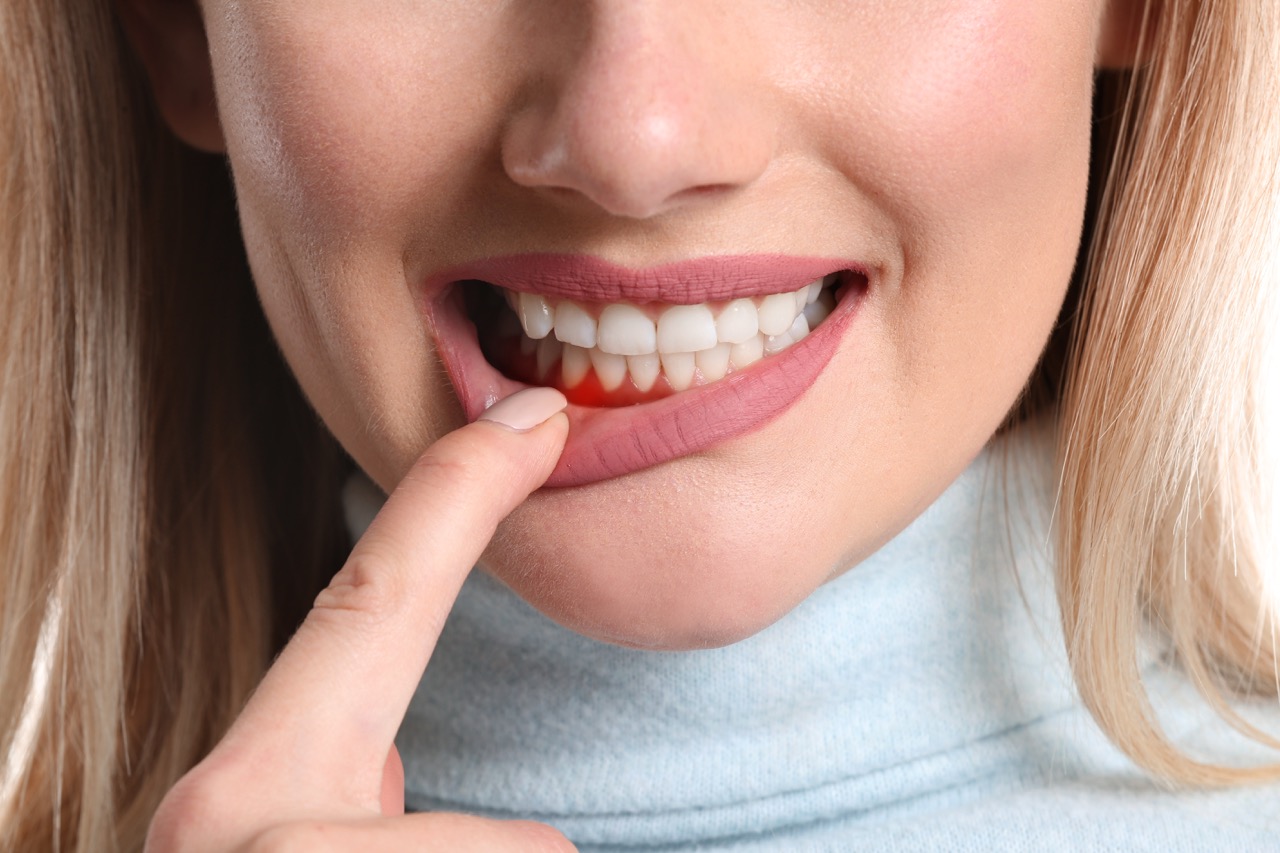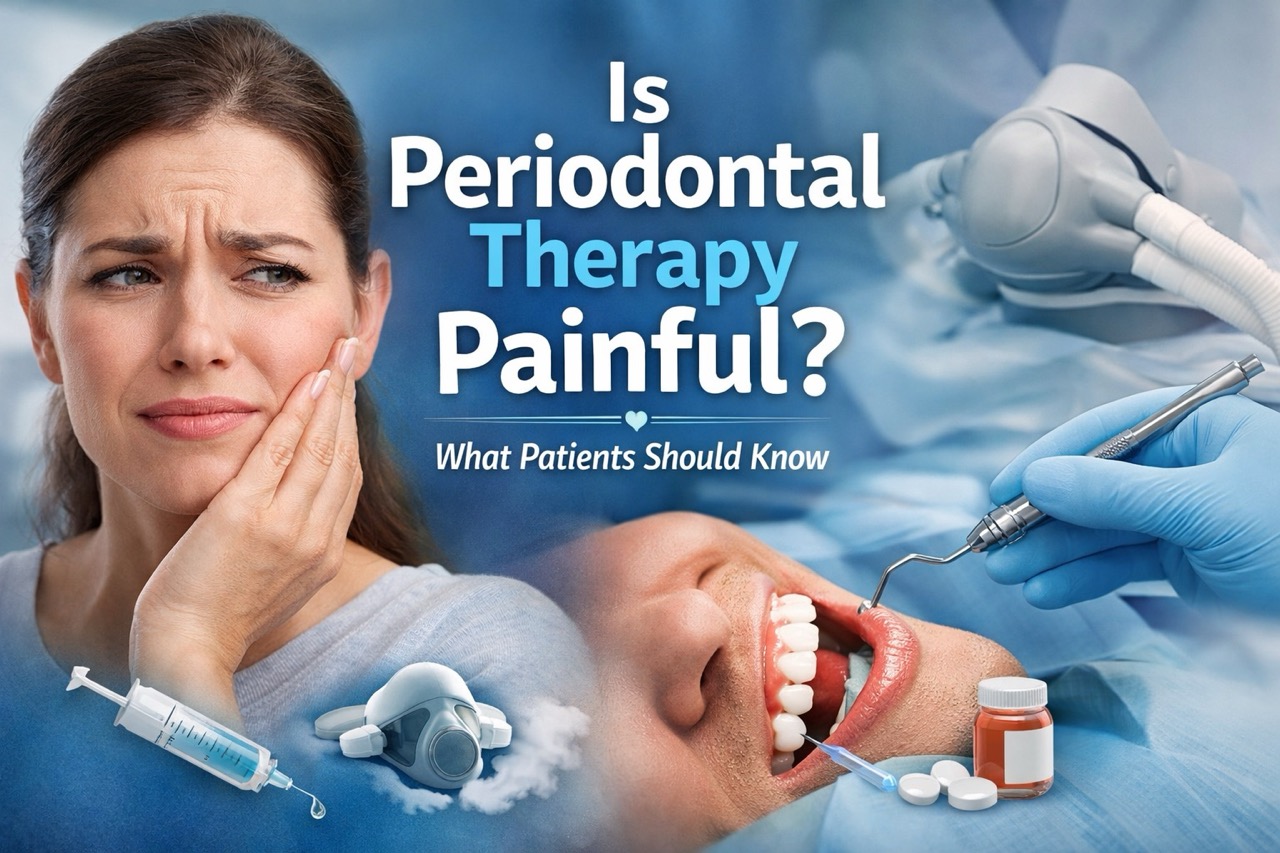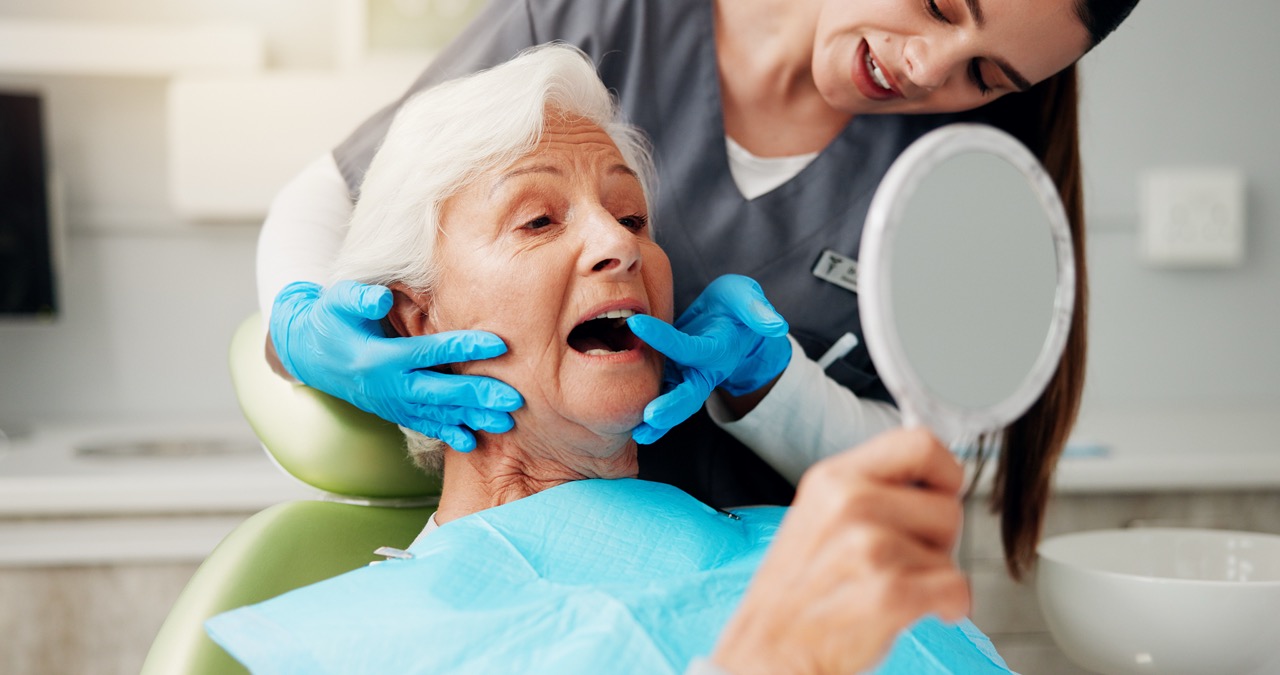Teeth Grinding (Bruxism): Why It Happens and When to See a Dentist
Teeth grinding, also known as bruxism, may seem like a small habit, but over time it can significantly affect your oral health and overall well-being. Many people aren’t even aware that they grind their teeth, especially during sleep, until their dentist notices signs of wear or they begin experiencing jaw discomfort. If you’ve ever woken up with jaw pain or a dull headache, bruxism might be the reason.
At Kiefer Family Dental, we believe understanding your oral health is the first step toward prevention and care. In this article, we’ll break down everything you need to know about teeth grinding, its causes, symptoms, and solutions, and how our team in Evansville, Indiana, can help protect your smile.
What Is Teeth Grinding (Bruxism)?
Bruxism, is when you clench or grind your teeth without realizing it. This can happen during the day, but it’s more common at night while you sleep. Because it often occurs unconsciously, many people don’t notice it until symptoms appear.
There are two main forms of bruxism. Awake bruxism usually happens when you’re stressed or concentrating. Sleep bruxism occurs while you’re asleep and is often linked to snoring or sleep disorders like sleep apnea. Both types can put extra pressure on your teeth and jaw.
Occasional grinding might not seem harmful, but frequent bruxism can wear down teeth, cause jaw pain, and even lead to headaches. If left untreated, it may result in chipped teeth or other dental problems. Recognizing the signs early and seeking care can protect your smile and prevent further damage.
Common Symptoms and Signs of Teeth Grinding
Teeth grinding often goes unnoticed because it happens when you’re asleep or distracted during the day. Over time, this habit can take a toll on your oral health and overall comfort. Many people don’t realize the link between their daily discomfort and bruxism until it becomes severe. Understanding the early warning signs is the first step to protecting your smile and avoiding future complications. If you’ve been wondering whether stress or lifestyle habits might be causing more than you think, pay close attention to these common symptoms of teeth grinding:
Jaw pain or soreness, especially in the morning
Frequent headaches or earaches
Increased tooth sensitivity
Flat, chipped, or worn-down teeth
Tightness in facial muscles
Disturbed sleep (yours or your partner’s due to grinding noises)
If these sound familiar, it’s important to take them seriously. Ignoring bruxism can lead to bigger dental issues later on.
Causes of Teeth Grinding
Teeth grinding doesn’t happen by chance, it usually stems from a mix of physical and emotional factors. Many people don’t realize what’s triggering it until the symptoms become hard to ignore. Identifying these triggers is the first step to protecting your teeth and improving your oral health. Knowing why it happens can make all the difference in finding the right solution. Here are the most common causes of teeth grinding you should be aware of:
Stress and anxiety: Stress and anxiety often cause people to clench their jaw or grind their teeth without noticing. When your mind is tense, your body reacts, and your jaw muscles tighten. Over time, this leads to teeth grinding and soreness. Finding ways to relax, like breathing exercises or mindfulness, can help reduce this habit naturally.
Sleep disorders: Sleep disorders, such as sleep apnea, often increase the risk of nighttime bruxism. When your breathing is disrupted during sleep, your body responds by tightening muscles, including those in your jaw. This reaction can lead to frequent grinding while you sleep. Treating sleep issues can often help reduce teeth grinding and improve overall rest.
Lifestyle factors: Habits like smoking, drinking alcohol, and consuming too much caffeine can make teeth clenching worse. These substances stimulate your nervous system, keeping your muscles active even when they should relax. Limiting these triggers, especially before bed, can help lower your chances of grinding your teeth at night and protect your smile.
Bite misalignment: When your teeth don’t fit together properly, your jaw works harder to find a comfortable position. This constant adjustment can lead to jaw pain from grinding and wear on your teeth. Correcting alignment issues with dental care can reduce strain and prevent damage caused by long-term bruxism.
Medications: Certain medications, especially some antidepressants, list teeth grinding as a side effect. These drugs can affect how your brain controls muscle movement during sleep. If you notice new symptoms after starting medication, talk to your doctor or dentist. They can work together to adjust your care and protect your teeth.
Understanding the cause helps determine the most effective treatment for bruxism, whether that’s stress management, dental adjustments, or protective devices like night guards.
Why Is It a Concern?
You might think, “It’s just grinding—what’s the harm?” Unfortunately, teeth grinding might seem harmless, but it can take a toll on your oral health and overall comfort. Over time, bruxism does more than wear down your teeth, it can impact your daily life in ways you may not expect. Here’s why understanding the effects of teeth grinding matters:
Tooth damage: Grinding your teeth wears down the enamel, the protective layer of your teeth. Over time, this can lead to chips, cracks, and uneven edges. Damaged teeth may feel sensitive to hot or cold foods and become more prone to cavities. Addressing teeth grinding early helps prevent permanent damage.
Jaw pain and TMJ issues: Bruxism puts constant pressure on the jaw muscles and joints, which can lead to soreness or stiffness. This strain often affects the temporomandibular joint (TMJ), causing discomfort when talking or chewing. If you experience persistent jaw pain from grinding, it’s important to seek dental care for relief.
Headaches: Teeth clenching and grinding create muscle tension in your face and jaw, which often leads to headaches. These headaches usually occur in the morning and can feel like a dull ache or even a migraine. Managing bruxism symptoms can significantly reduce this discomfort and improve your overall well-being.
Gum problems: Teeth grinding doesn’t just harm your teeth—it can also stress the gums. This extra pressure may cause gum irritation, soreness, or even recession over time. Healthy gums are essential for a strong smile, so controlling bruxism helps protect both your teeth and the supporting tissues around them.
Sleep disruption: Nighttime teeth grinding can make loud sounds that disturb your sleep and your partner’s rest. Poor sleep quality affects mood and overall health. Using a custom night guard for teeth grinding or seeking dental care can reduce noise and protect your teeth while improving your sleep quality.
Unchecked bruxism can eventually require restorative dental procedures, such as crowns or implants, to fix damaged teeth.
How to Stop Teeth Grinding
Teeth grinding can sneak up on you and cause more harm than you think. The good news? You don’t have to live with jaw pain or worn teeth forever. There are simple steps you can take to protect your smile and feel better. Here’s how to stop teeth grinding and take control of your oral health:
Practice relaxation techniques (deep breathing, meditation) to reduce stress.
Avoid caffeine and alcohol before bedtime.
Apply a warm compress to relax jaw muscles.
Stay mindful of daytime clenching and loosen your jaw when you notice tension.
If grinding persists, consult your dentist. They can recommend solutions like night guards for teeth grinding, which protect your teeth from further damage during sleep.
Role of Night Guards for Teeth Grinding
A night guard for teeth grinding is one of the best ways to protect your teeth if you have bruxism. It works by creating a barrier between your upper and lower teeth, which helps prevent damage from constant grinding or clenching. This can reduce the risk of tooth wear, chips, and jaw discomfort.
At Kiefer Family Dental, we provide custom-fitted night guards that are designed specifically for your bite. Custom guards feel more comfortable than store-bought options and last longer, making them a smart choice for your oral health. If you often wake up with jaw pain or notice signs of grinding, a night guard can help protect your smile and keep your teeth strong for years to come.
When to See a Dentist for Bruxism
If you notice persistent jaw pain from grinding, tooth sensitivity, or any of the symptoms listed earlier, it’s time to seek professional advice. Early detection can prevent serious damage and help maintain your natural smile. Schedule an appointment if:
You have chipped or flattened teeth
You frequently wake up with headaches or jaw pain
Someone notices you grinding your teeth at night
How Kiefer Family Dental Can Help
Living with teeth grinding can be frustrating, especially when it starts to impact your comfort and oral health. The good news is you don’t have to manage it alone. At Kiefer Family Dental, we take a caring, personalized approach to help you protect your smile and improve your quality of life. Our team focuses on understanding your unique needs and creating solutions that work for you. From identifying the root causes to offering the right treatment options, we’re here every step of the way. Here’s how we can make a difference for you and your family:
Comprehensive dental exams to identify damage
Custom night guard fittings for maximum comfort
Guidance on preventive care and stress management
We also provide a full range of services, preventive care, cosmetic dentistry, oral surgery, implants, clear aligners, and nitrous oxide for comfortable treatment, so your family’s dental health is in great hands.
Don’t Let Teeth Grinding Damage Your Smile
Teeth grinding, or bruxism, might seem harmless, but over time it can wear down enamel, cause jaw pain, and even lead to serious dental issues. If you’ve noticed signs like jaw soreness, headaches, or chipped teeth, it’s time to take action. The experienced team at Kiefer Family Dental is here to help with personalized care and custom solutions like night guards to protect your smile.
Visit Us: 3323 Mariner Dr, Evansville, IN 47711
Call Today: (812) 424-9506
Email: kelsey.kiefer@kieferfamilydental.com
Take the first step toward relief and protection. Schedule your appointment today and let us help keep your smile healthy and strong.





